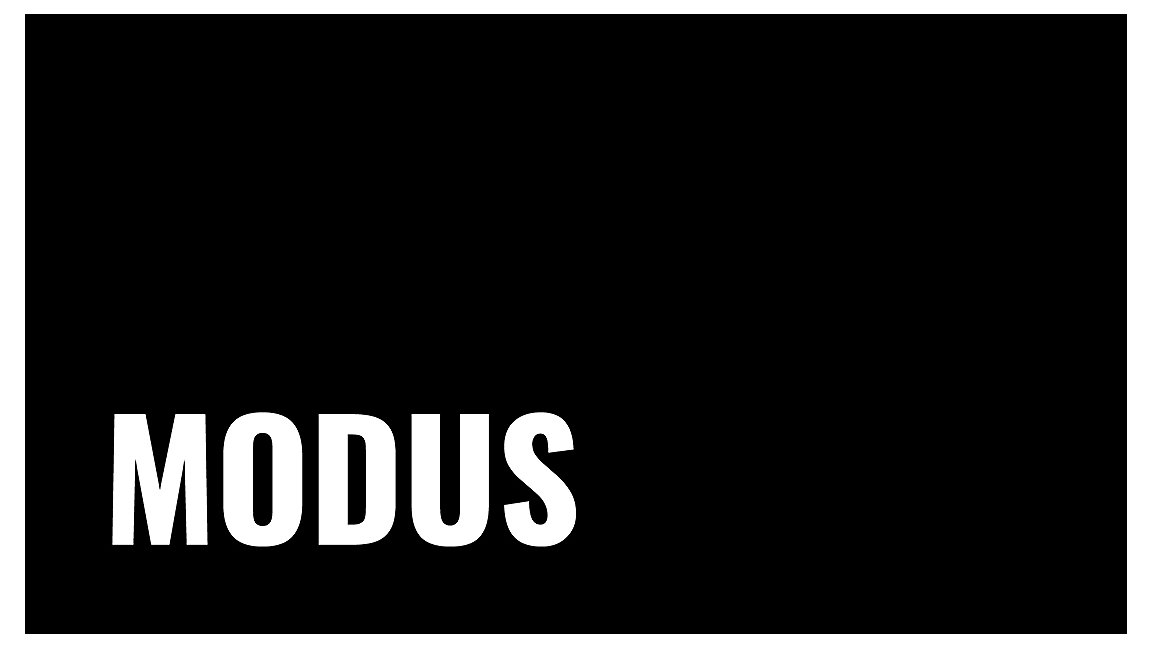
THIS IS A GLOBAL PROBLEM, AND IT WILL ENDURE FOR THE SHORT TERM Hugh Garnett is RICS' Regulatory Policy Manager
We've seen the market hardening since the beginning of 2019 after Lloyds of London published a review into the PII sector. It highlighted how many syndicates were making losses, and we've seen a lot of insurers pull out of the market since.
Two other factors underpin this. First, economic uncertainty – both the underlying global economic situation and the longer-term outlook post-Brexit. Second, after the Grenfell Tower fire, insurers are concerned about fire safety. There is little confidence in current regulations and, although these are being updated, that will take time. It's also worth remembering that this isn't just a domestic problem: Australia has high-profile fire safety concerns as well.
We have recently consulted on proposed changes to our PII minimum terms for regulated firms. We believe these changes will assist firms in obtaining PII and ensure that consumers remain protected. The new wording will come into effect in May 2020.
If regulated firms are having trouble and have already worked through the options with their broker, then they should get in touch with RICS. We can provide support to regulated firms, including exploring dispensation away from the minimum terms. Finally, firms must be prepared that PII cover is not going to be as cheap as it previously was, and that won't change for the foreseeable future.
DON'T TAKE RENEWAL FOR GRANTED AND BE PREPARED TO SHOP AROUND Mark Carver is head of professional risk at Miller Insurance, and also runs RICS' Assigned Risk Pool
Brokers should advise clients to submit renewal information well in advance of the renewal dates. Your broker should know which renewal markets will be problematic. I would personally advise any surveyor not to take renewal for granted. If you've been asked to complete a proposal form, complete it properly with the requested information and in the required format.
And, if you claimed for PII recently, be prepared to explain what happened and why, and what remedial action you took. Also, be prepared to convince the underwriter that your firm controls and manages PII risks. For example, on valuation, explain how the workload is managed and what expertise you have in the firm. If you are not exposed to the fire safety issues hardening the market, explain why not and how you are contractually protected.
If you can't find cover, instruct the broker to complete a full market analysis. Otherwise, you have two options. One option is dispensation (more restrictive coverage), which RICS can help with. The other option is RICS' Assigned Risk Pool. This is open to all regulated firms for one year, so they can keep trading. The coverage is more expensive, but enables firms to make required changes to their practices to secure cover in the future. Finally, if you aren't confident in your broker, be prepared to shop around.
PREMIUMS ARE INCREASING MARKEDLY WHILE COVER IS BEING REDUCED Tim Smee FRICS is founding partner of Quantum Valuations
I've worked for myself since 1985, so I've seen these cycles before I first saw the market harden was 25 years ago. It's important to work closely with your broker as, otherwise, PII renewals can be left to the eleventh hour. You need to make sure that the brokers don't come back with only a few days to go before your current policy expires. We had difficulty getting our policy renewed recently. Although most of our work is what insurers regard as relatively risky valuations (eg, for bridging finance), we've never made a claim. But our broker said that our existing insurers would only give us a fifth of the cover at a premium that was 150% higher.
It also pays to shop around for brokers we were directed to Howden, who had a personal relationship with an underwriter our broker had already approached, and the underwriter reconsidered our case. We ended up with sufficient cover but our premium more than doubled and the excess on work we do with short-term lenders rose fivefold meaning we are self-insuring to an extent.
RICS has an important role to play now the market has changed so much. The other thing for us and RICS to consider is run-off PII cover for businesses that have ceased trading. I know a surveyor whose premiums quadrupled. For retiring surveyors, being unable to forecast future premiums for run-off cover could be daunting.
"Our broker said that our existing insurers would only give us a fifth of the cover at a premium that was 150% higher" Tim Smee FRICS Quantum Valuations
